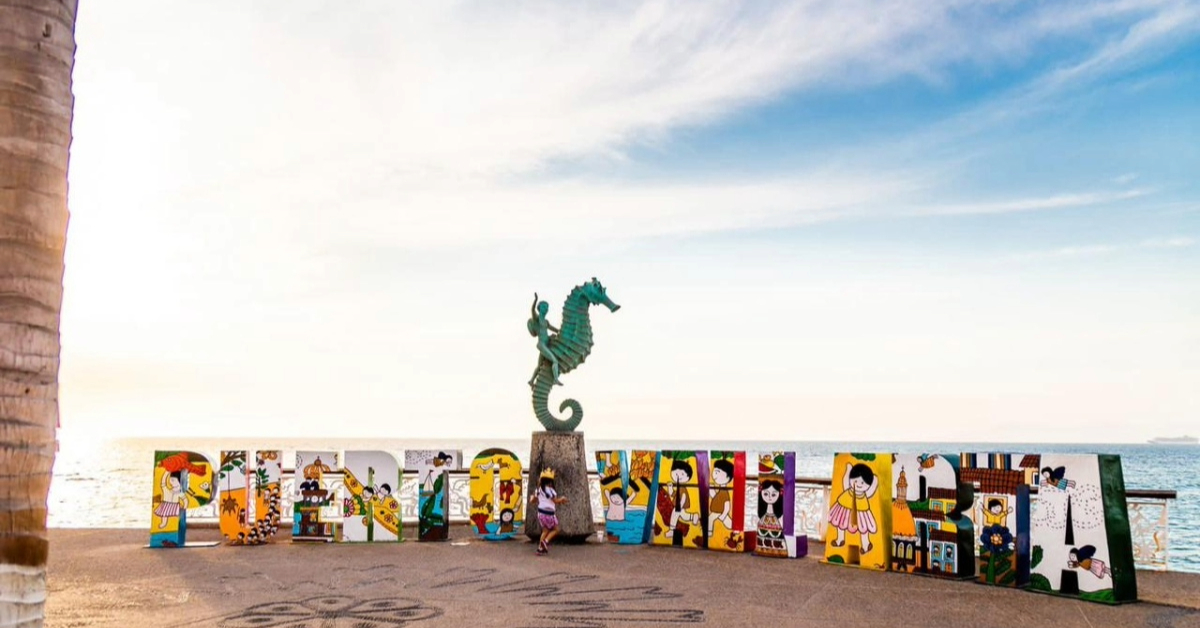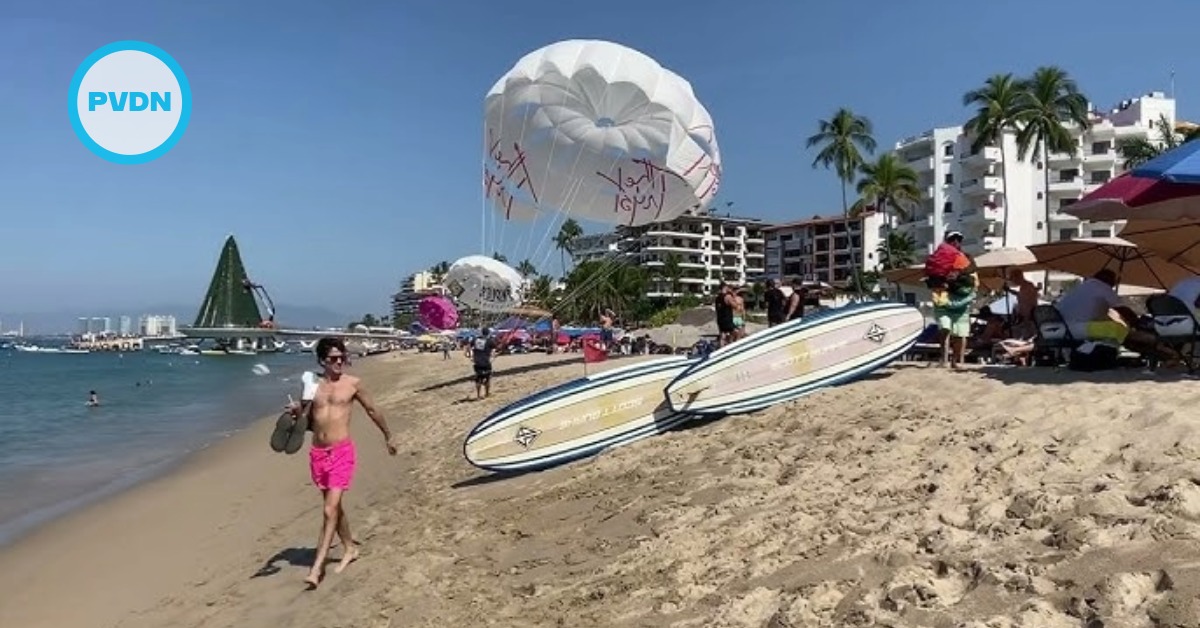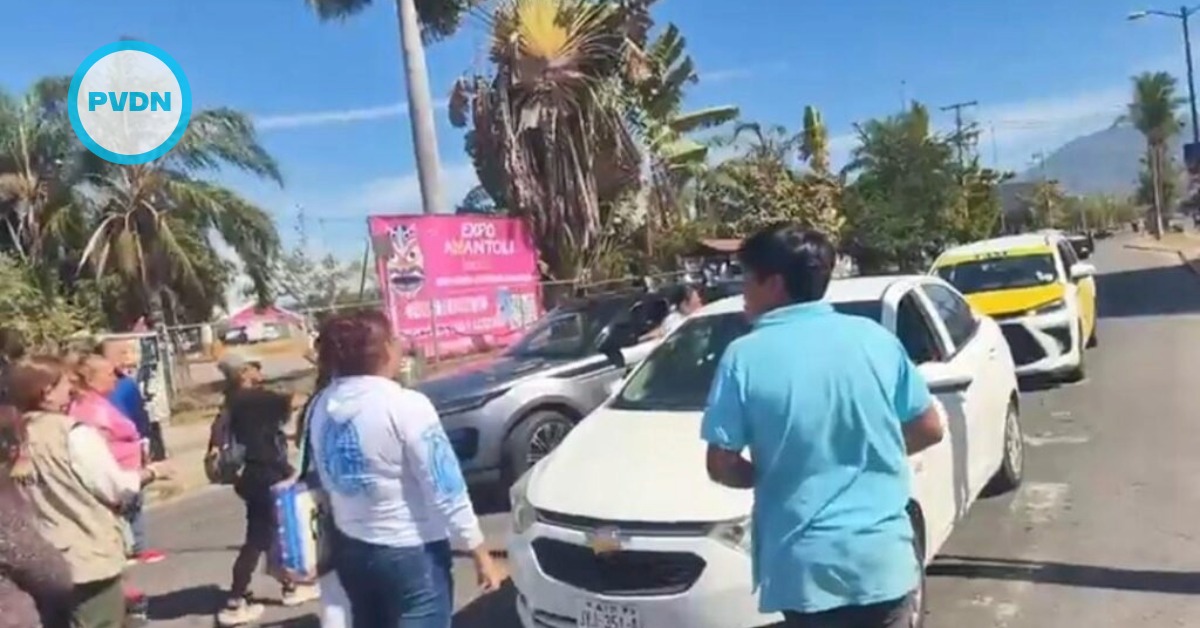Tourism experts at the Jalisco 2030 forums in Puerto Vallarta call for a modern, inclusive, and diversified tourism vision to reposition the beach city for future generations.
At the recent Jalisco 2030 tourism consultation forums held in Puerto Vallarta, leading tourism experts stressed the urgent need for the destination to rethink, renew, and diversify its tourism model to ensure long-term sustainability and appeal.
The forum brought together industry leaders such as Carrie Wilder, Senior Director at Expedia Group; Claudia Herrera Vargas, Director of Destinations for Mexico, Latin America, and the . . .






